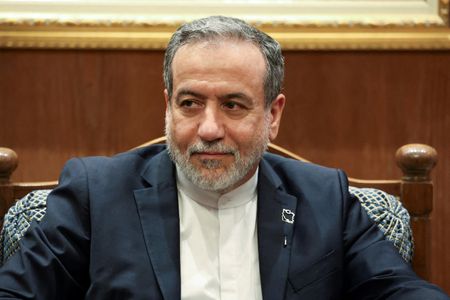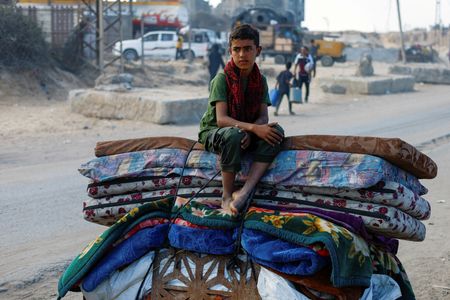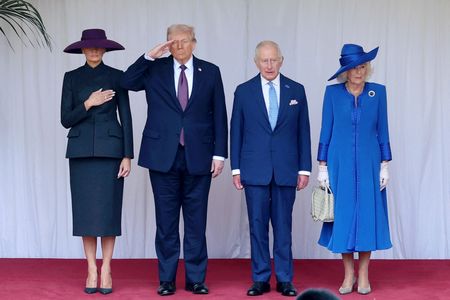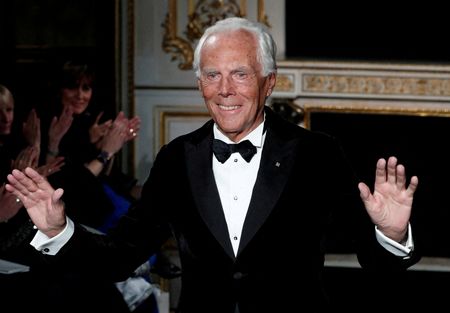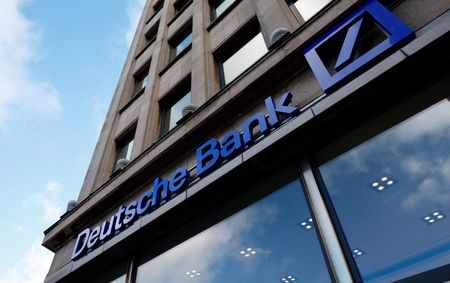By John Irish and Parisa Hafezi
PARIS/DUBAI (Reuters) – Iranian and European ministers made little progress in talks on Wednesday aimed at averting international sanctions on Tehran over its nuclear programme being reimposed at the end of this month, two European and one Iranian diplomat said.
Britain, France and Germany, the so-called E3, launched a 30-day process at the end of August to reimpose U.N. sanctions. They set conditions for Tehran to meet during September to convince them to extend the “snapback mechanism”.
The offer by the E3 to extend the snapback for as much as six months to enable serious negotiations is conditional on Iran restoring access for U.N. nuclear inspectors – who would also seek to account for Iran’s large stock of enriched uranium – and engaging in talks with the U.S.
The status of Iran’s enriched uranium stocks has been unknown since Israel and the U.S. bombed Iranian nuclear sites in June.
WEDNESDAY TALKS FOLLOWED ACCORD WITH IAEA
Wednesday’s phone call between the E3 foreign ministers, the European Union foreign policy chief and their Iranian counterpart followed an agreement reached by Iran and the International Atomic Energy Agency last week on resuming cooperation between Tehran and the U.N. nuclear watchdog, including in principle the inspection of nuclear sites.
Several Western diplomats have said, however, that the accord is not detailed enough, sets no timeframe for Iran and leaves the door open for Iran to continue stonewalling.
There has also been no indication of a willingness from Iran to resume talks with Washington.
Iran says it is still working to refine how it will work with IAEA.
Germany’s foreign ministry spokesperson said on X after the call on Wednesday that the E3 had “underscored that Iran has yet to take the reasonable and precise actions necessary to reach an extension of resolution 2231”, adding on X that sanctions would be reimposed “absent concrete actions in the coming days”.
The reimposed sanctions would hit Iran’s financial, banking, hydrocarbons and defence sectors.
Four European diplomats and an Iranian official said prior to the call that the most likely scenario would be that the E3 would go ahead with the reimposition of sanctions. Two of the diplomats also said that even with a last-minute agreement, it was unlikely Washington would support it.
An Iran diplomat said Tehran had reiterated in Wednesday’s call that Iran would take measures in response if the decision to restore U.N. sanctions was made.
“The understanding in Tehran is that the U.N. sanctions will be reimposed. That is why Tehran refuses to give concessions,” an Iranian official said.
The West says the advancement of Iran’s nuclear programme goes beyond civilian needs, while Tehran says it wants nuclear energy only for peaceful purposes.
(Additional reporting by Alexander Katz in Berlin; Editing by Timothy Heritage and Frances Kerry)

